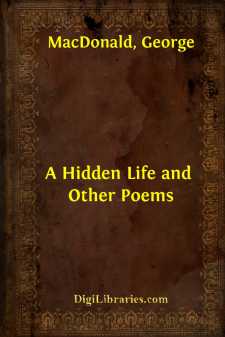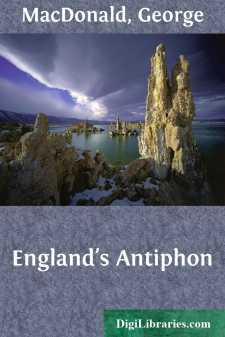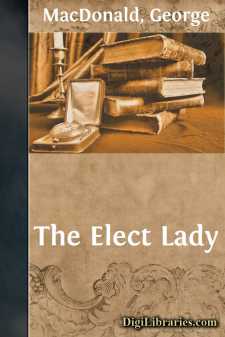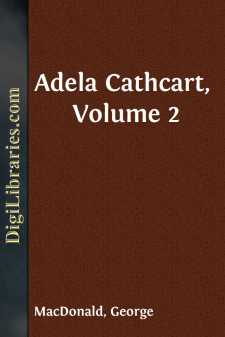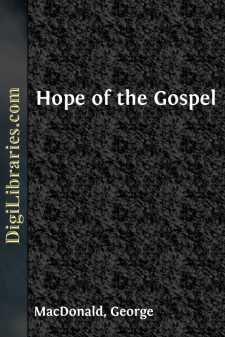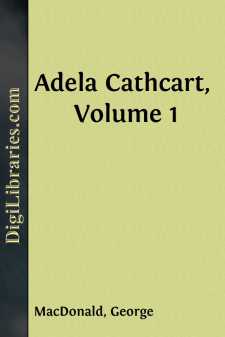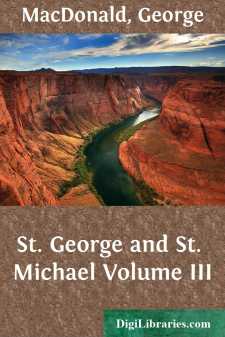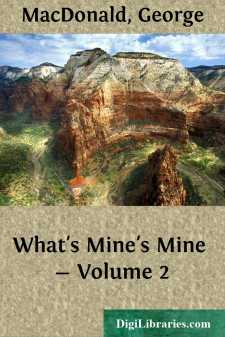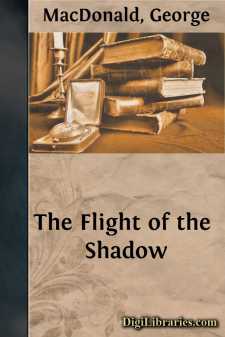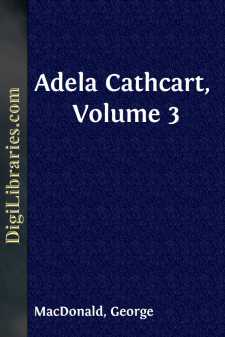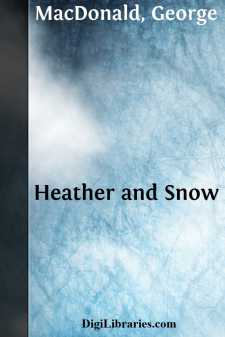Categories
- Antiques & Collectibles 13
- Architecture 36
- Art 48
- Bibles 22
- Biography & Autobiography 813
- Body, Mind & Spirit 142
- Business & Economics 28
- Children's Books 14
- Children's Fiction 11
- Computers 4
- Cooking 94
- Crafts & Hobbies 4
- Drama 346
- Education 46
- Family & Relationships 57
- Fiction 11829
- Games 19
- Gardening 17
- Health & Fitness 34
- History 1377
- House & Home 1
- Humor 147
- Juvenile Fiction 1873
- Juvenile Nonfiction 202
- Language Arts & Disciplines 88
- Law 16
- Literary Collections 686
- Literary Criticism 179
- Mathematics 13
- Medical 41
- Music 40
- Nature 179
- Non-Classifiable 1768
- Performing Arts 7
- Periodicals 1453
- Philosophy 64
- Photography 2
- Poetry 896
- Political Science 203
- Psychology 42
- Reference 154
- Religion 513
- Science 126
- Self-Help 84
- Social Science 81
- Sports & Recreation 34
- Study Aids 3
- Technology & Engineering 59
- Transportation 23
- Travel 463
- True Crime 29
A Hidden Life and Other Poems
by: George MacDonald
Description:
Excerpt
A HIDDEN LIFE.
Proudly the youth, by manhood sudden crowned,
Went walking by his horses to the plough,
For the first time that morn. No soldier gay
Feels at his side the throb of the gold hilt
(Knowing the blue blade hides within its sheath,
As lightning in the cloud) with more delight,
When first he belts it on, than he that day
Heard still the clank of the plough-chains against
The horses' harnessed sides, as to the field
They went to make it fruitful. O'er the hill
The sun looked down, baptizing him for toil.
A farmer's son he was, and grandson too;
Yea, his great-grandsire had possessed these fields.
Tradition said they had been tilled by men
Who bore the name long centuries ago,
And married wives, and reared a stalwart race,
And died, and went where all had followed them,
Save one old man, his daughter, and the youth
Who ploughs in pride, nor ever doubts his toil;
And death is far from him this sunny morn.
Why should we think of death when life is high?
The earth laughs all the day, and sleeps all night.
Earth, give us food, and, after that, a grave;
For both are good, each better in its time.
The youth knew little; but he read old tales
Of Scotland's warriors, till his blood ran swift
As charging knights upon their death career.
And then he chanted old tunes, till the blood
Was charmed back into its fountain-well,
And tears arose instead. And Robert's songs,
Which ever flow in noises like his name,
Rose from him in the fields beside the kine,
And met the sky-lark's rain from out the clouds.
As yet he sang only as sing the birds,
From gladness simply, or, he knew not why.
The earth was fair—he knew not it was fair;
And he so glad—he knew not he was glad:
He walked as in a twilight of the sense,
Which this one day shall turn to tender light.
For, ere the sun had cleared the feathery tops
Of the fir-thicket on the eastward hill,
His horses leaned and laboured. His great hands
Held both the reins and plough-stilts: he was proud;
Proud with a ploughman's pride; nobler, may be,
Than statesman's, ay, or poet's pride sometimes,
For little praise would come that he ploughed well,
And yet he did it well; proud of his work,
And not of what would follow. With sure eye,
He saw the horses keep the arrow-track;
He saw the swift share cut the measured sod;
He saw the furrow folding to the right,
Ready with nimble foot to aid at need.
And there the slain sod lay, patient for grain,
Turning its secrets upward to the sun,
And hiding in a grave green sun-born grass,
And daisies clipped in carmine: all must die,
That others live, and they arise again.
Then when the sun had clomb to his decline,
And seemed to rest, before his slow descent,
Upon the keystone of his airy bridge,
They rested likewise, half-tired man and horse,
And homeward went for food and courage new;
Whereby refreshed, they turned again to toil,
And lived in labour all the afternoon.
Till, in the gloaming, once again the plough
Lay like a stranded bark upon the lea;
And home with hanging neck the horses went,
Walking beside their master, force by will....


